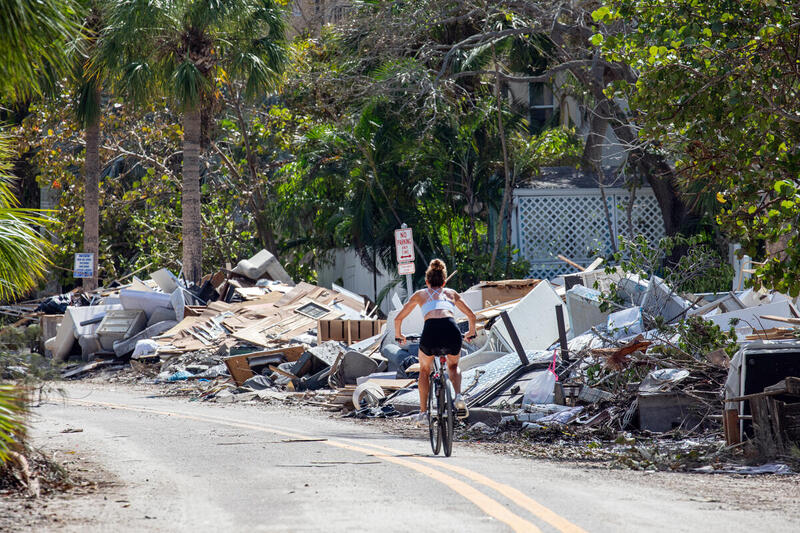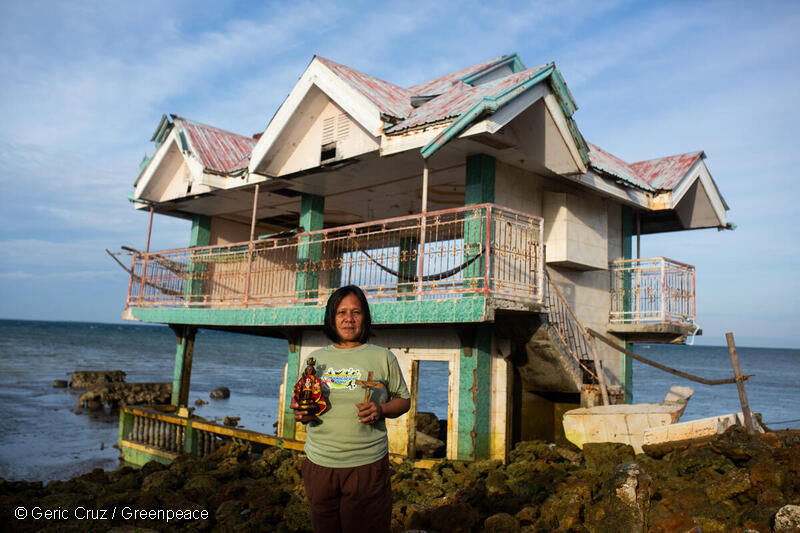Just as a MasterChef dish marries diverse flavors into a harmonious blend, so too does the world of food intersect with climate change. As we celebrate the importance of food this World Food Day, it’s time to turn our culinary curiosity to the broader menu of challenges facing our meals. How can one become a MasterChef when they lack the essential ingredients to prepare a dish to begin with?
Climate change isn’t just an uninvited guest at our culinary table; it’s rearranging the entire menu. It doesn’t discriminate. It affects every aspect of our food, from the fields to the sea, and even the price we pay for our daily nourishment. The theme of this year, “Water is Life, Water is Food,” is a resounding reminder that water isn’t just an ingredient; it’s a lifeline, and it’s under threat.
Let’s don our aprons and explore some of the ways climate change is stirring up our relationship with food.
AGRICULTURE
Climate change respects no boundaries, and its influence on agriculture is a matter of international concern. Unpredictable weather patterns, prolonged droughts, and more frequent floods have emerged as recurring challenges. These extreme weather events disrupt traditional farming practices and pose a threat to staple crops such as rice and wheat. In the Philippines, agriculture holds a pivotal role in the nation’s economy, and these disruptions impact planting and harvesting cycles, placing vital crops like rice, corn, and coconuts in jeopardy and affecting food and the job security of millions. In 2022, Super Typhoon Karding alone left P3.12 billion in agricultural damages.
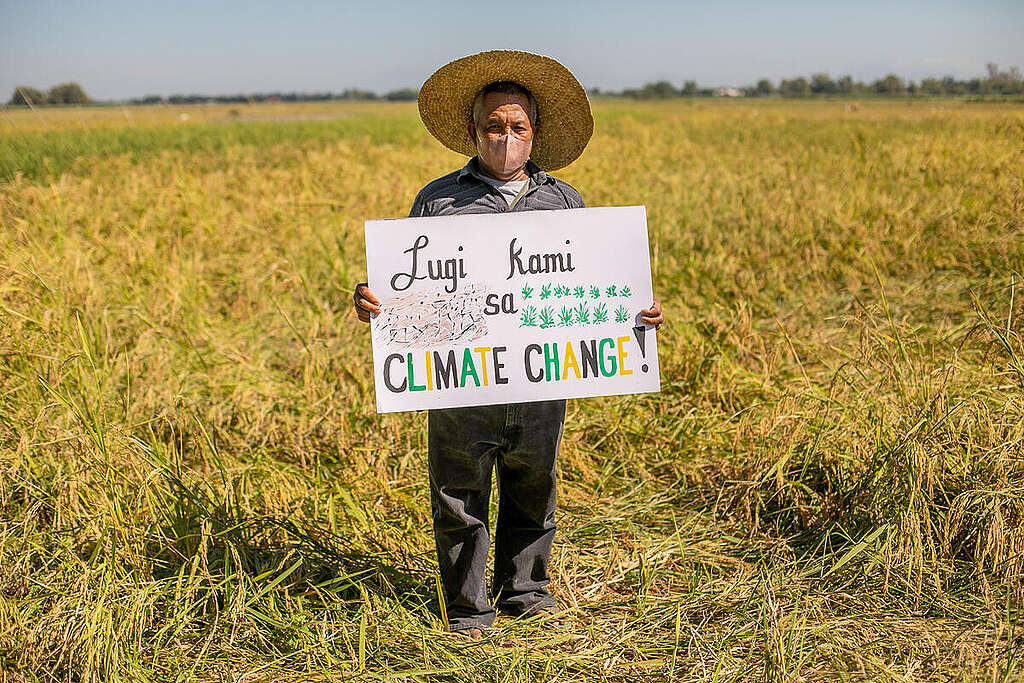
FISHERIES
Our planet’s oceans are severely impacted by climate change. As the seas warm and grow more acidic, and as coral reefs suffer, marine ecosystems are disrupted, threatening fisheries worldwide. Locally, where marine resources are both dietary staples and economic cornerstones, the effects are palpable, as they influence fish stocks and the livelihoods of coastal communities. Tuna, for example, are sensitive to water temperature. The warming of waters induced by climate change is pushing tuna farther from the shores to look for cooler waters. This in turn forces our local fisherfolk to sail farther to the sea which poses a danger to their safety.

PRICE OF FOOD
Climate change has an indirect but substantial pressure on the cost of food worldwide. Disruptions in agriculture and fisheries ripple through the supply chain, frequently leading to elevated food prices. Increasing temperature may result in lower crop yields affecting supply and demand, and consequently, the price of food in the market. These price hikes can challenge the accessibility of nutritious food for vulnerable populations.

WATER SECURITY
Water plays a vital role in our food systems. With climate change increasingly threatening our water resources, diminishing water availability poses a direct challenge to agriculture, where water is a lifeline. Freshwater resources per person have decreased by 20% with climate change and pollution exacerbating the decline of water quality and security. Climate-induced water scarcity adds another layer of complexity to food production.
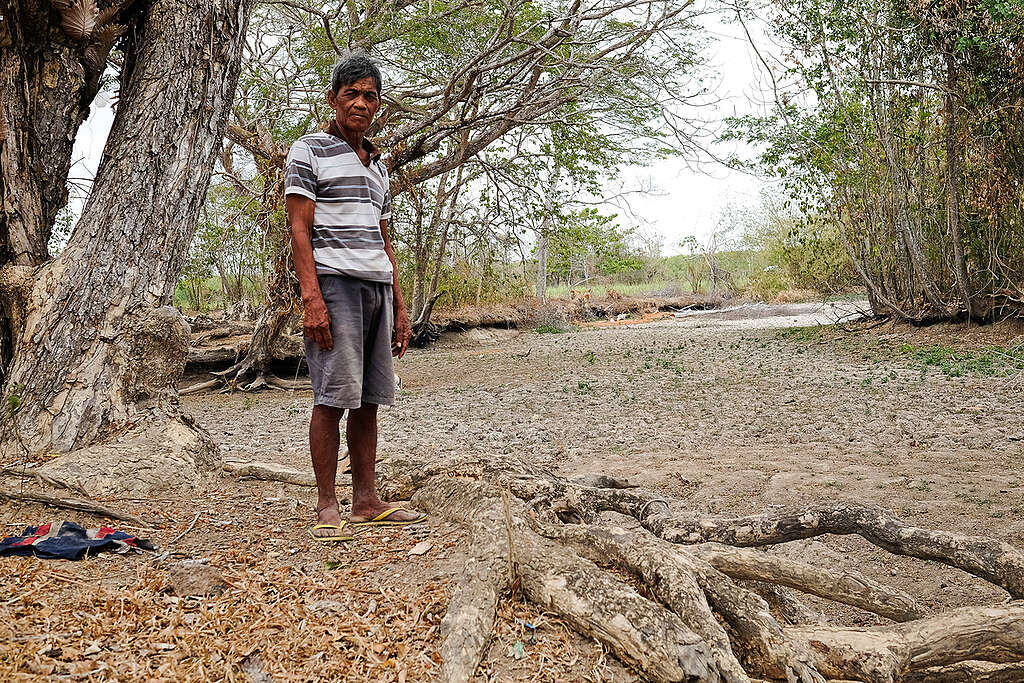
SOCIAL INJUSTICE
The impacts of climate change aren’t distributed equally. Vulnerable communities, frequently in developing countries, bear the brunt of climate-induced food insecurity. These communities are more likely to face displacement and experience disruptions in their livelihoods, deepening poverty and social injustice. In the Philippines, where vulnerable communities are exposed to a higher risk of natural disasters, the consequences of climate change are vividly apparent. Indigenous groups and low-income families are particularly hard-hit, grappling with food scarcity and displacement.
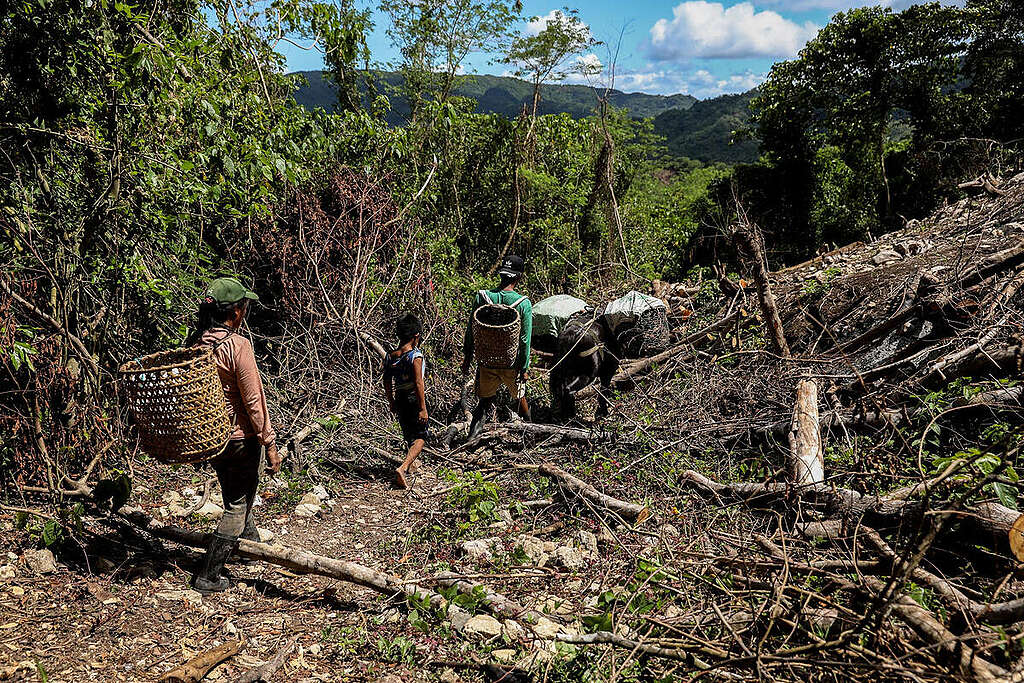
This World Food Day, let’s acknowledge that climate change is also a food and water issue. It affects every facet of our food systems, from farm to table. As we savor our meals, let’s also savor the importance of taking collective action to mitigate climate change, adapt to its challenges, and most importantly, hold polluting businesses like the fossil fuel industry accountable for accelerating the climate crisis and putting the entire world in peril.
Our ability to ensure that food remains abundant, affordable, and equitable for all depends on acknowledging these challenges and working collaboratively to address them. Likewise, it is important that we transform our food systems in a sustainable and just way to effectively address the triple planetary crisis of climate change, biodiversity loss, and pollution.
Let’s work together for a healthy and delicious future for all.

